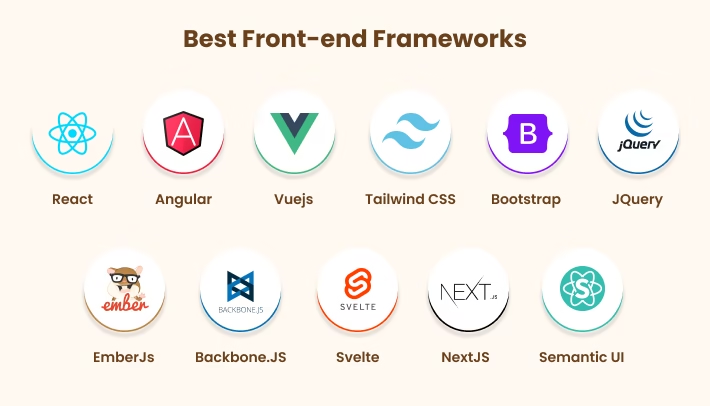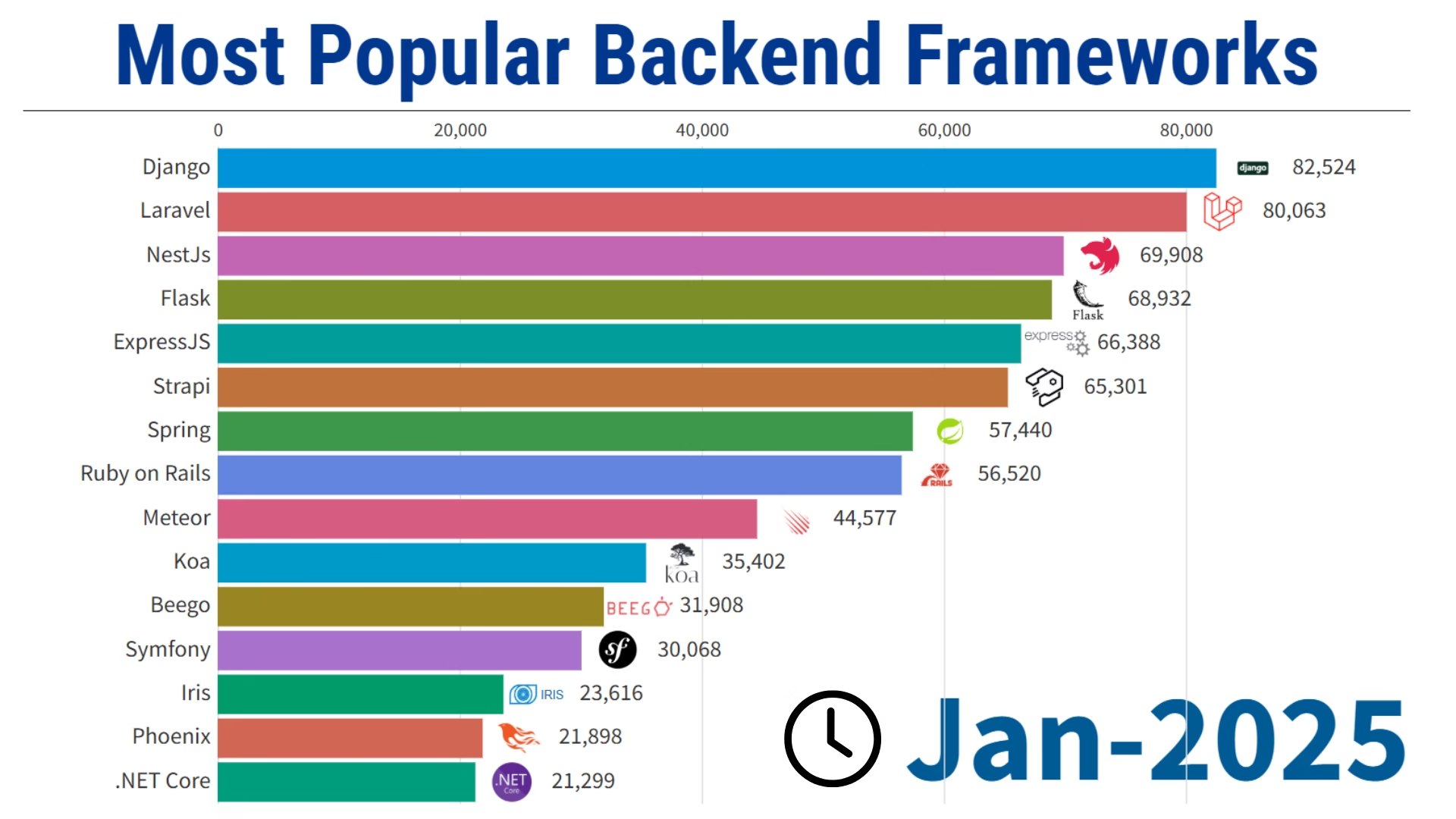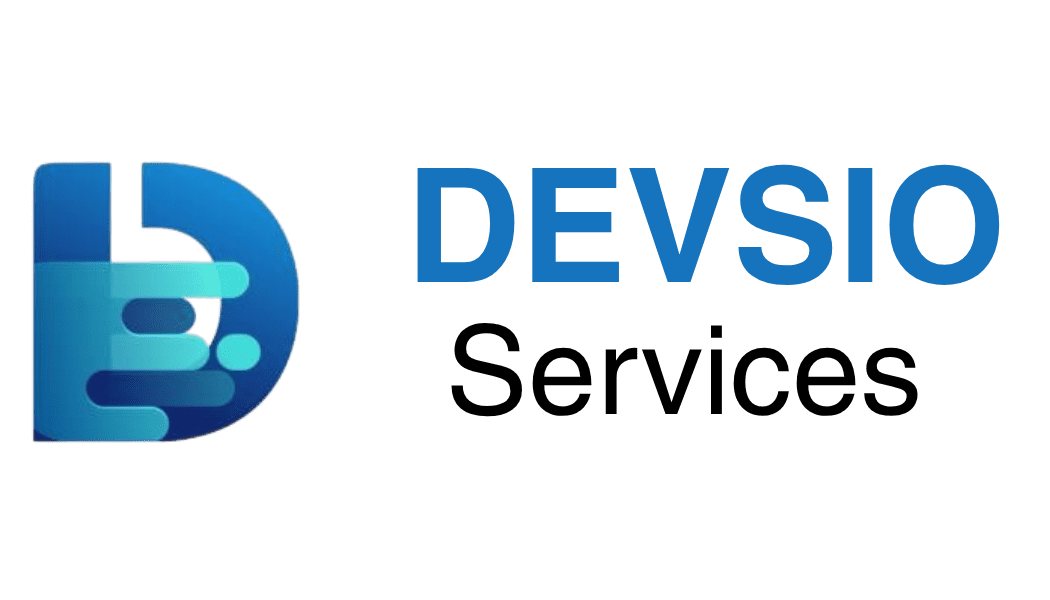The digital world needs speed, performance and security in 2025. If you’re working on a new e-commerce site or web app, choosing the right web development frameworks is key to success. As we choose for better performance we think which is better for our development as both front – end and back – end play their own vital role as backend handle everything behind the scenes from database and user authentication to API creation and business logic,In 2025 several backend frameworks are leading the way because of their flexibility performance and community support.
This article showcases the best web development frameworks currently being used — so that you can build websites that are scalable, secure and future ready.
What is a Web Development Framework?
A web development framework is a set of tools, libraries, and best practices that simplify and speed up the process of building websites and web applications. Frameworks provide pre-written code, architecture patterns, and features like routing, templating, authentication, and database interaction.
There are two main types:
-
Frontend web dev frameworks: To help create the user-facing interfaces (React, Vue, etc.)
-
Backend web development frameworks: Server-side logic (e.g., Laravel, Django)
Why Do Web Development Frameworks Matter in 2025
You need the right web development framework to:
-
Reduce development time
-
Improve application security
-
Boost performance
-
Scale with growing user needs
In the whirlwind pace of tech, frameworks are the tools that businesses use to keep their edge and developers leverage to keep coding with confidence.
Top Front-end Web Development Frameworks
-
React.js : In 2025, React is still the leading frontend web development framework. It’s supported by Meta and admired for its component-based architecture, fast performance, and broad community support.
-
Next.js : Built on React, Next. js which means SEO-friendly, server-side rendering and very flexible static site generation are ideal for modern web apps.
-
Vue.js : Vue is a general-purpose framework that strikes a good balance between being simple and yet flexible enough to be a good fit for small teams and startups.
-
Angular : Google’s Angular is a comprehensive front-end web development framework ideal for developing enterprise grade apps that require structure and reusability.

Top Backend Web Development Frameworks
- Laravel (PHP) : Laravel: the PHP web framework that does the backend work without you even noticing.
-
Django (Python) : Django (fast development, strong in-built security, extensible for scale, great for fintech or data driven applications.)
-
Express.js (Node.js) : Express is less and fast and very compatible with javascript stacks such as MongoDB and React,but mongodb is best for database then firebase
-
FastAPI (Python) : FastAPI – one of the fastest Python backends in 2025 for building REST APIs FastAPI is a back-end web framework that is receiving a lot of attention in 2025.

How to Select a Web Development Frameworks
Here’s what to consider:
-
Project scale & complexity: Big applications require scalable frameworks such as Angular or Django.
-
Developer experience: Go for a framework your team already knows.
-
Community & support: Larger community = better documentation and plugins.
-
SEO & performance: SSR frameworks like Next. js boost visibility and speed.
-
Security: Backend frameworks, Laravel for PHP and Django for Python, come with security mechanisms in-built.
Working with an experienced team like Devsio, you can make sure your web development framework corresponds to your business and tech stack.
Final Thoughts
A good website development framework allows the developer to create faster, more secure and scalable apps.
At Devsio, we specialize in custom website development using industry-leading frameworks tailored to your needs. Whether you’re launching a startup or scaling a SaaS platform — we’ve got you covered, with our expert
If you’re looking for expert help, check out our Web Development Services to get started with the right tech stack.
